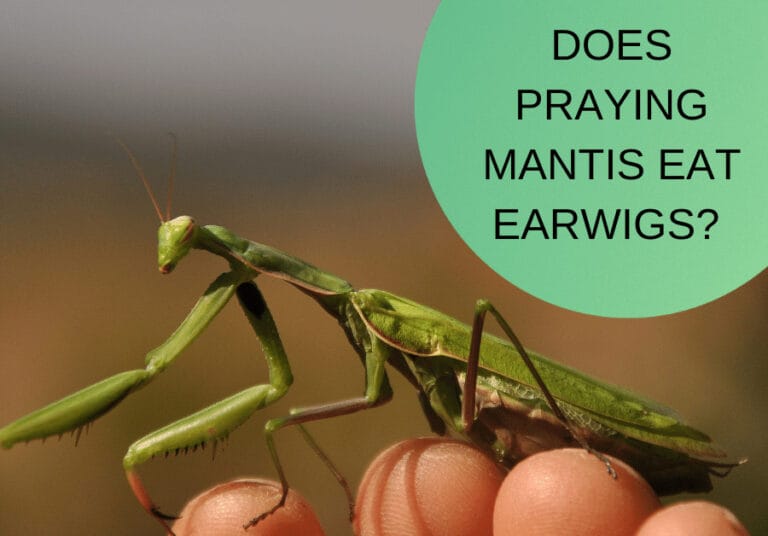
Living in a city doesn't mean you can't be eco-friendly. Urban composting is a great way to reduce waste and create nutrient-rich soil for your plants, even if you're short on space. Here are some compact and odor-free methods that make composting possible for city dwellers.
Table of Contents
Why Urban Composting Matters
Composting in the city is a big deal. It helps cut down on the amount of trash we send to landfills. When food scraps end up in landfills, they create methane, a harmful greenhouse gas. By composting, we're doing our part to help the planet. Plus, we get to make our own super-soil for plants!
But let's be real – composting in a small apartment can seem tricky. You might worry about smells or not having enough room. The good news is, there are ways to compost that don't take up much space and won't stink up your home. Composting pasta and other kitchen scraps can be easy and mess-free with the right methods.
Compact Composting Methods for Small Spaces
Two popular methods for urban composting are Bokashi and worm composting. These systems are perfect for apartments because they're small and, when done right, don't smell bad.
Bokashi Composting
Bokashi is a Japanese word that means “fermented organic matter.” This method uses special microbes to break down food quickly. Here's why it's great for city living:
- It's fast – food breaks down in just 2-4 weeks
- You can compost meat and dairy (unlike traditional compost)
- It doesn't smell bad if done correctly
- The bin is small enough to fit under your sink
To start Bokashi composting, you'll need a special bucket with a tight lid and some Bokashi bran (the stuff with the microbes). You layer your food scraps with the bran, and the microbes do the rest!
Worm Composting (Vermicomposting)
Worm composting might sound weird, but it's actually super cool. You keep a special kind of worm (red wigglers) in a bin, and they eat your food scraps. What comes out is amazing compost for your plants.
Setting up a worm bin is easy:
- Get a bin with air holes
- Add bedding (like shredded newspaper)
- Add your worms
- Start feeding them your food scraps
Worms are great at breaking down all kinds of kitchen waste. You can even compost rabbit poop if you have a pet bunny!

I purchased the Worm Factory system online, and it has been a great investment for my garden. The assembly was straightforward, and the layered trays make it simple to add kitchen scraps and bedding while the worms work their magic. The system is compact, which is perfect for smaller spaces, and the design helps minimize odor, something I was initially worried about. Within a few weeks, I began harvesting nutrient-rich compost for my plants. I highly recommend the Worm Factory to anyone looking to get into vermicomposting!
Keeping Your Compost Odor-Free

Nobody wants a stinky apartment. Here are some tips to keep your compost smelling fresh:
- Balance your greens and browns: “Greens” are things like food scraps, and “browns” are dry stuff like leaves or paper. You need both for good compost.
- Don't let it get too wet: Soggy compost can smell bad. Add more browns if it seems too wet.
- Use a charcoal filter: Many indoor compost bins come with these to absorb odors.
- Avoid meat and dairy: These can cause bad smells in most compost systems (except Bokashi).
- Turn your compost regularly: This adds oxygen and helps prevent anaerobic conditions that cause odors.
- Use a tight-fitting lid: This contains any potential smells and keeps pests out.
Remember, healthy compost shouldn't smell bad. If it does, something's not right. You might need to adjust what you're putting in or how you're managing it. A well-maintained compost bin should have an earthy, forest-like scent.
What Can You Compost in the City?
You'd be surprised how much of your trash can actually be composted! Here's a quick guide:
Good for Composting:
- Fruit and veggie scraps
- Coffee grounds and tea bags
- Eggshells
- Shredded paper and cardboard
- Yard trimmings (if you have any)
- Nutshells
- Bread and grains
- Natural fibers like cotton or wool
Not for Composting:
- Meat and fish (unless using Bokashi)
- Dairy products
- Oils and fats
- Pet waste (except herbivore pets like rabbits)
- Diseased plants
- Glossy or coated paper
- Chemically treated wood products
Wondering about specific items? You can compost cork, for example, but it takes a long time to break down.

Starting Your Urban Composting Journey
Ready to start composting? Here's a simple step-by-step guide:
- Choose your method: Decide between Bokashi, worm composting, or a small bin system.
- Get your supplies: Buy or make your composting bin and any needed materials.
- Set up your system: Follow the instructions for your chosen method.
- Start collecting scraps: Keep a small container in your kitchen for food scraps.
- Feed your compost: Add scraps regularly, following the rules for your system.
- Maintain it: Check on your compost weekly, adjusting as needed.
- Use your compost: After a few weeks or months, you'll have rich compost for your plants!
Remember, composting is a learning process. Don't worry if it's not perfect at first – you'll get the hang of it!
Troubleshooting Common Urban Composting Issues
Even with the best setup, you might run into some problems. Here's how to fix common issues:
Fruit Flies
These little bugs love compost. To keep them away, bury fresh scraps under existing compost or bedding. You can also try covering the top of your compost with a layer of newspaper.
Bad Smells
If your compost stinks, it might be too wet or have too many “green” materials. Add more “browns” like shredded paper, and mix it up to add air.
Not Breaking Down
If your scraps aren't decomposing, your bin might be too dry. Add a little water and turn the compost to speed things up.
Mold Growth
Some mold is normal, but excessive mold could indicate that your compost is too wet. Add more dry materials and ensure proper aeration.
Slow Decomposition
If your compost is breaking down slowly, try chopping your scraps into smaller pieces and ensuring a good balance of greens and browns.

Creative Uses for Your Urban Compost
Now that you're making compost, what can you do with it? Lots of things!
- Feed your houseplants: Mix a little compost into their soil for a nutrient boost.
- Start a window herb garden: Use your compost to grow fresh herbs right in your kitchen.
- Share with neighbors: If you have extra, see if anyone in your building wants some for their plants.
- Donate to community gardens: Many urban gardens would love your homemade compost.
- Make compost tea: Steep your compost in water to create a liquid fertilizer for your plants.
- Support local parks: Some city parks accept compost donations for their landscaping needs.
If you're feeling creative, you can even use your compost to start a small container garden on a balcony or rooftop!
High-Tech Urban Composting
For those who want a more hands-off approach, there are some cool new composting technologies:
Electric Composters
These machines break down food scraps quickly using heat and movement. They're great for people who want compost fast and don't mind spending a bit more money. Some models can turn your food waste into compost in just 24 hours!
Smart Composting Systems
Some new composters connect to your phone, letting you monitor conditions and get advice. They can tell you when to add water or when your compost is ready. These systems often come with apps that provide composting tips and track your environmental impact.
Automated Compost Tumblers
These devices automatically turn your compost, ensuring proper aeration and faster decomposition. They're a great option for those who want to compost but don't have time for manual turning.
Key Takeaways
| Aspect | Details |
|---|---|
| Benefits | Reduces landfill waste, creates nutrient-rich soil, lowers carbon footprint |
| Methods | Vermicomposting – Compact indoor solution using worms to break down food scraps Bokashi System – Fermentation-based method for small spaces, handles diverse waste High-Tech Solutions – Smart composters with apps to monitor conditions and provide advice |
| Space Required | Minimal – can fit under sink or on balcony |
| Maintenance | Weekly check-ups, balancing greens and browns |
| Outcome | Rich compost for plants, reduced household waste |
Wrapping Up: Your Urban Composting Adventure
Composting in the city is totally doable, even if you're short on space. Whether you choose a worm bin, a Bokashi system, or a high-tech solution, you're making a big difference. You're reducing waste, creating rich soil, and helping the planet – all from your little corner of the city!
Remember, it might take a little practice to get it right, but don't give up. Every bit of food waste you keep out of the landfill is a win. Plus, your plants will thank you for the awesome homemade compost!
So why not give urban composting a try? It's a fun, eco-friendly hobby that fits right into city life. Happy composting!



